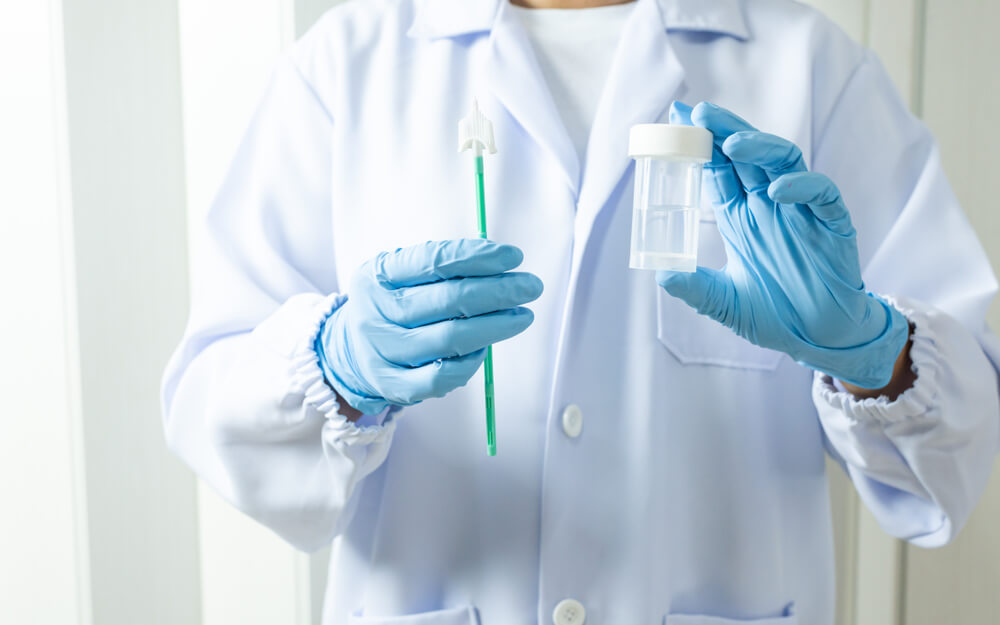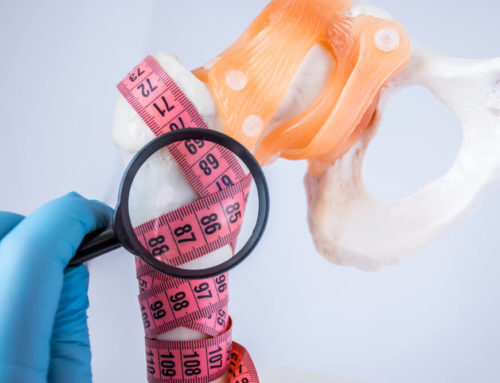What Is Pap Smear?
A pap smear is a screening tool that gynecologists use to find any abnormal changes on your cervix. It requires collecting cells from your cervix, which is located between your uterus and vagina. Patients who are looking for gynecological care in Margate, Florida, may be relieved to know that this procedure is minimally invasive.
Although a pap smear can detect infections, it is most commonly used to look for precancerous or cancerous cells. Aside from detecting a cervical tumor, a pap smear can also detect changes in your cervical cells that might turn into a malignancy in the future. However, not every change in your cells means you have or will get cancer. If your doctor finds any abnormalities on your cervix, you will be given a proper diagnosis and further treatment instructions. Doctors usually recommend getting a pap smear done every three years between the ages of 21 and 65.
What Causes Abnormal Pap Smear?
The reasons for abnormal pap smears usually include human papillomavirus (HPV), cervical dysplasia, cervical cancer, trichomoniasis and other sexually transmitted diseases (STDs), inflammation in the pelvic area, and vaginal infection. Most women will get at least one abnormal result in their lifetime. However, in most cases, abnormal pap smear causes are not severe and are easily treatable.
HPV

Human Papillomavirus (HPV) is one of the most common reasons for abnormal pap smear results. It can affect both men and women and may or may not show symptoms. In most cases, it is asymptomatic. Therefore, you need to discuss this topic with your partner and let them know to get tested as well. A positive HPV test means you have a specific HPV type that may be linked to cervical malignancy. The virus can stay dormant in our bodies for many years. Therefore, a woman can have one partner for years and still receive an abnormal pap smear if she previously contracted the virus. A good practice is using condoms, which prevents you from getting HPV and other STDs and infections.
Cervical Dysplasia
Abnormal pap smear results can also be caused by cervical dysplasia. Cervical dysplasia is not a malignancy but abnormal cells that were found on your cervix. However, if left untreated, it can lead to one. It ranges from mild to severe and usually requires a biopsy to determine the exact type of treatment. No treatment is generally needed with mild dysplasia, but with more advanced cases, your doctor may recommend surgery or another procedure to remove the abnormal cells. In many cases, cervical dysplasia goes away on its own, but it is best to keep an eye on it.
STDs
Aside from HPV, other STDs, such as trichomoniasis or herpes, may also cause abnormal pap smears. Trichomoniasis often has several symptoms, such as vaginal itching, burning, discomfort while urinating, and vaginal discharge, so it is recommended to visit your gynecologist as soon as you notice these signs. Since a pap smear detects malignant cells, it is recommended to do additional tests specifically for other STDs to avoid getting incomplete results after your pap smear.
Infections
Women usually report vaginal itching, irritation, burning sensation while urinating, vaginal pain, and soreness. Similar symptoms can be found in vaginal infections, which are also common for abnormal pap smear causes. A pap smear can indicate infections such as bacterial vaginosis or yeast infection, both easily treatable. Although these two infections are not severe, they could eventually lead to more serious problems in the future.
Hormonal Issues
Another reason for an abnormal pap smear can be hormonal imbalances. As women age, their cervical wall also ages, producing changes in their cervical cells. A hormone called estrogen can affect the results because their bodies stop producing enough of it, which can even lead to cervical cells mimicking precancerous conditions. That is why further testing is needed by their doctor to ensure they do not have cervical cancer.
Other harmless reasons
Reasons such as having intercourse before a pap smear, a lab error, tampon usage, being near the start or the end of your menstruation, or even taking a bath before your exam can all affect pap smear results. Sometimes, even an impaired immune system can affect them, especially in people who have autoimmune diseases. Medications or treatments such as radiation therapy and corticosteroids affect your immune system and substance abuse. Certain health conditions such as diabetes, HIV, and cancer may affect pap test results as well.
Cervical Cancer

A less common reason for an abnormal pap smear is cervical cancer. However, it is the most serious one and more difficult to treat. Your doctor will set your diagnosis based on the type of cervical malignancy you have. There are two types:
- Squamous cell carcinoma is the most common type of cervical cancer. It begins in squamous cells in the outer part of the cervix. Usually, it is not life-threatening, although it can be aggressive.
- Adenocarcinoma is a type of tumor that begins in glandular cells that line the cervical canal. It is viewed as treatable and curable, especially if caught in earlier stages.
In many cases, it is asymptomatic, producing symptoms only in later stages. Warning signs may include bleeding between periods, heavier menstrual flow, pain during or after sexual intercourse, and pelvic pain. The earlier it is found and treated, the better the chance of it being prevented or cured. If you notice any of these symptoms, it is essential to visit your doctor to get diagnosed. After getting diagnosed, doctors usually recommend a procedure called a colposcopy, which detects malignant cells. If an abnormal area is spotted, your doctor will take a piece of tissue and send it to a lab for further testing. That process is called a biopsy and will determine if you have a tumor or not. Fortunately, according to NLM, it is slow-growing cancer, and if found on time and monitored, it can be treated easily.
What Causes Cervical Cancer?
All women are at risk of getting a cervical tumor, especially those over 30. Many factors impose a risk, such as:
- Multiple sexual partners – changing partners puts you at risk of getting HPV.
- Other STDs – many STDs such as syphilis, gonorrhea, chlamydia, and HIV/AIDS increase the chance of getting HPV.
- A weakened immune system – you may be at risk of getting cervical cancer if your immune system is weakened by a health problem or HPV.
- Smoking – affects your immune system, and it has been shown to have a connection with squamous cell cancer.
You can take preventative measures such as having regular pap smears, asking your doctor about the HPV vaccine, practicing safe sex, and not smoking to reduce your chance of getting cervical malignancy in the future.
If you want to have a pap smear done or you already had one, and it came back positive, there is no need to worry about it. There are many steps that you can take to prevent or cure it. You can contact Fern F. Taisenchoy-Bent, MD, if you have any questions regarding this topic.










